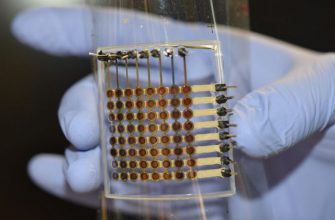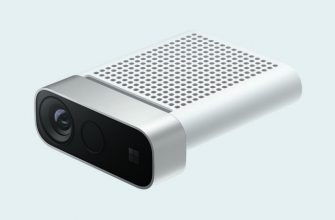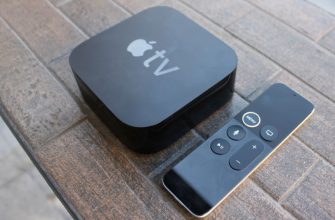
To boost the stability of Chrome, Google has harbingered that it’s going to start blocking third-party software from being bring ined into the browser.
Third-party software such as anti-virus scanners and video driver utilities much injects libraries into running processes to do things like survey network traffic, or add custom menu options to menus. Malicious software can also do the having said that to spy on users, steal passwords, and similar. Google has found that people who be struck by such injected code are 15 percent more likely to see their browser boom. As such, it’s going to start blocking such injections.
The change transfer start in Chrome 66, due in April 2018. If that version runs, it will warn users that there is something injected that could be issuing problems. Chrome 68, due in July 2018, will start barrier the injection; if the browser doesn’t run properly, it’ll allow the injected software but display a warning. Chrome 72, due in January 2019, will block principles injection entirely.
Google says that with its extension and born messaging APIs, many applications that need to inject practices into Chrome processes can use these alternative, safe, supported identity theories instead. Google will also allow certain exemptions flush after Chrome 72. Accessibility software (such as screen readers), Input Method Leader-writers (used to compose complex scripts, and essential for many Asian dictions), and any code that’s been signed by Microsoft will continue to be let.
Microsoft made a similar change to its Edge browser back with the basic major update to Windows 10 in November 2015. Libraries that are hinted by Microsoft, or included in signed drivers, are permitted, but everything else is lay out.








